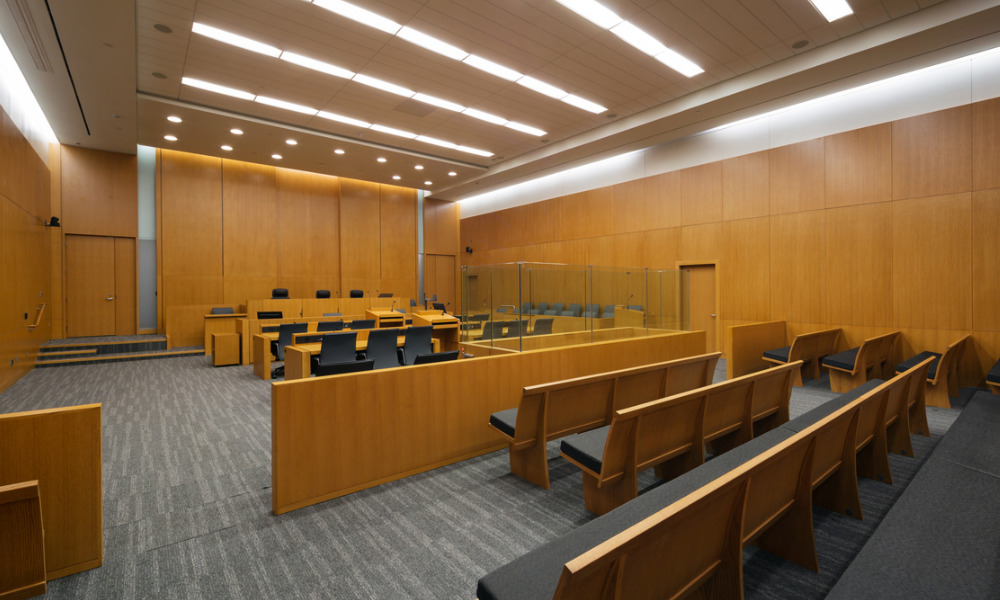Existing parties capable of addressing issues raised by intervenor applicants

The British Columbia Court of Appeal has ruled that vast experience, additional perspectives, and the ability to make submissions on straightforward issues are insufficient to warrant intervenor status in litigation.
The case of Gibraltar Mines Ltd. v. British Columbia (Human Rights Tribunal), 2022 BCCA 234 involved an appeal of a quashed decision made by the BC Human Rights Tribunal. The central issue of the tribunal’s decision was whether the Human Rights Code, RSBC 1996, c 210 applied where employers change the terms or conditions of employment in the context of employment discrimination based on family status.
Four applications for leave to intervene were brought in this appeal: the BC Human Rights Commissioner, the Canadian Association of Counsel to Employers (CACE), a group of public sector unions, and a coalition of public interest groups. All the intervenors applied based on public interest in the issue raised.
The appellate court granted the commissioner’s application and dismissed the others.
Commissioner’s broad perspective beneficial to address certain issues
The appellate court ruled that commissioner’s statutory mandate to ensure protection against discrimination in employment was insufficient to establish direct interest in the appeal. Nevertheless, the commissioner had a unique and broad perspective and her participation on the statutory interpretation issue would be of assistance, said the court.
Experience, new perspectives, arguments not enough to warrant intervenor status
While the unions had a great deal of experience in the uneven application of family status across multiple provinces as to the unionized workers, these were not unique perspectives on appeal and could be addressed by the parties present, said the court.
The public interest groups intended to present a perspective focused on the link between the welfare of children with disabilities and the equality of their caregivers. However, the appellate court ruled that it couls appreciate the needs and challenges faced by vulnerable populations, including children with disabilities and their caregivers, “without bringing in statistics, academic literature, and international treaties, which would expand the record and place a significant burden on the respondent who … is a private party.”
Lastly, while CACE was undoubtedly capable of making submissions on statutory interpretation, these were unhelpful since they did not provide a unique perspective and the parties were well-positioned to make arguments on this straightforward issue, said the court.










